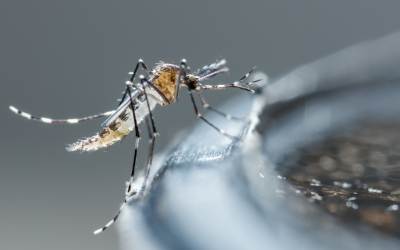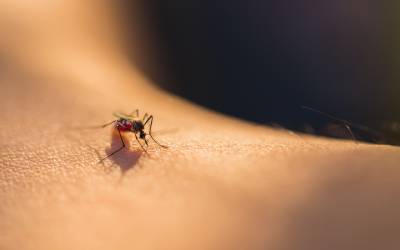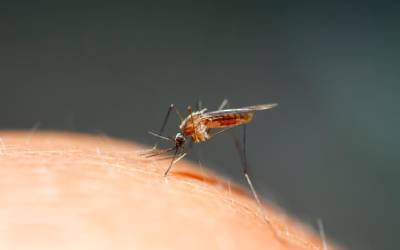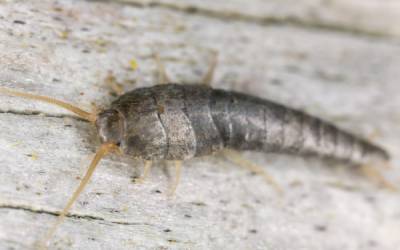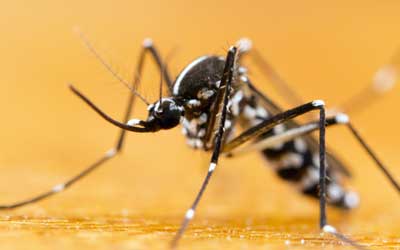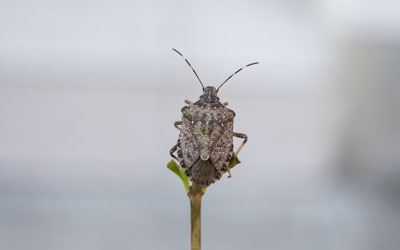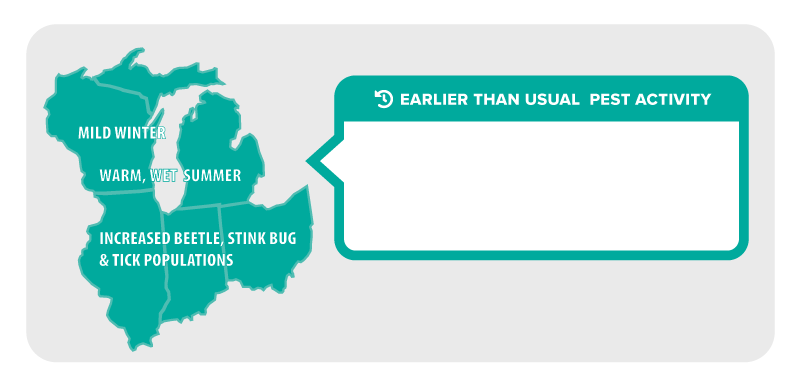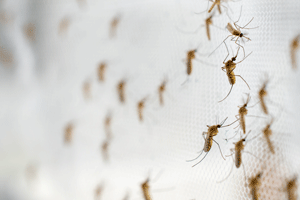Much like a sunburn, mosquito bites are one of tell-tale indications of the spring and summer. Also like at a sunburn, there are some steps you can take to prevent mosquitoes before they cause a full-blown infestation.
In Wisconsin along the shores of Lake Michigan, mosquitoes have a natural breeding ground right in your backyard. Though these pests may just seem like a mild annoyance, they can also pose significant health risks. Taking steps to prevent mosquitoes will help to protect you and your family while making outdoor time even more enjoyable.
Dangers of the Mosquito
Most of us are familiar with the itchy red bumps caused by mosquito bites. But, did you know that these tiny insects are one of the most dangerous on the planet? Mosquito bites can have many serious health consequences, including:
- Disease Transmission: Mosquitoes are known to transmit several diseases, including malaria, dengue fever, Zika Virus, and West Nile Virus. These diseases can be mild to severe, and in some cases, life-threatening.
- Allergic Reactions: Some people develop allergic reactions to mosquito bites which can cause an already annoying bite to carry more dangers. Symptoms can include swelling, redness, and itching. If the allergy is severe enough, anaphylaxis can even occur.
- Secondary Infection: When you have an itchy bite, the natural reaction is to scratch it. When you scratch a mosquito bite you can break the skin, which increases the risk of developing a secondary bacterial infection.
Mosquito Prevention: The Don’ts
There are countless home remedies that claim to solve all of your mosquito problems, but not all of them are effective. To avoid wasting your time and money on methods that don’t work, steer clear of these unsuccessful techniques:
- Bug Zappers: While these ultraviolet lights attract many insects, mosquitoes are not one of them. Mosquitoes are drawn to the carbon dioxide we exhale and body heat, things a bug zapper does not produce.
- Citronella Candles: While these candles are helpful to an extent, they are not effective at covering large areas. They lose their potency quickly and need to be replaced frequently.
- Essential Oils: While essential oils such as lemon eucalyptus oil have been found to have some repellent properties, they don’t last long enough to be effective. Moreover, concentration of active ingredients vary wildly between different manufacturers.
Mosquito Prevention: The Do’s
So what can you do to prevent mosquitoes if even the citronella candles don’t work well? Fortunately, you have several good options to choose from Take these steps to stay ahead of the problem and prevent a mosquito infestation:
- Remove Standing Water: Since mosquitoes reproduce in the water, one of the best prevention steps is to remove the breeding ground. Drain all standing water from buckets, flower pots, or other containers that may collect rainwater. Also make sure to fix any leaky outdoor faucets, overflowing gutters, or broken pipes.
- Use Mosquito Netting: By placing mosquito netting around your doors or outdoor seating area, you’re able to take advantage of the wonderful weather conditions spring and summer bring without worrying about mosquitoes coming in. If you are camping or sleeping in an outdoor area, mosquito netting around your bed helps prevent bites.
- Mosquito Traps: Mosquito traps are very effective at killing a large number of these pests. The traps use a combination of attractants, such as carbon dioxide or heat, and keep the insects inside once they are attracted.
- Keep Grass Short: Mosquitoes like tall grass and overgrown vegetation. Keep your lawn tidy and well-trimmed to discourage them from settling into your property.
Professional Help is Here
Though it’s possible to deter mosquitoes from infesting your yard, these pests are incredibly persistent and may still cause you trouble. If you find your home invaded with these buzzing pests, call Batzner Pest Control. With over 75 years of experience, our professionals know the best ways to exterminate mosquitoes and provide prevention tips to avoid further infestations. Call today for a free quote!

